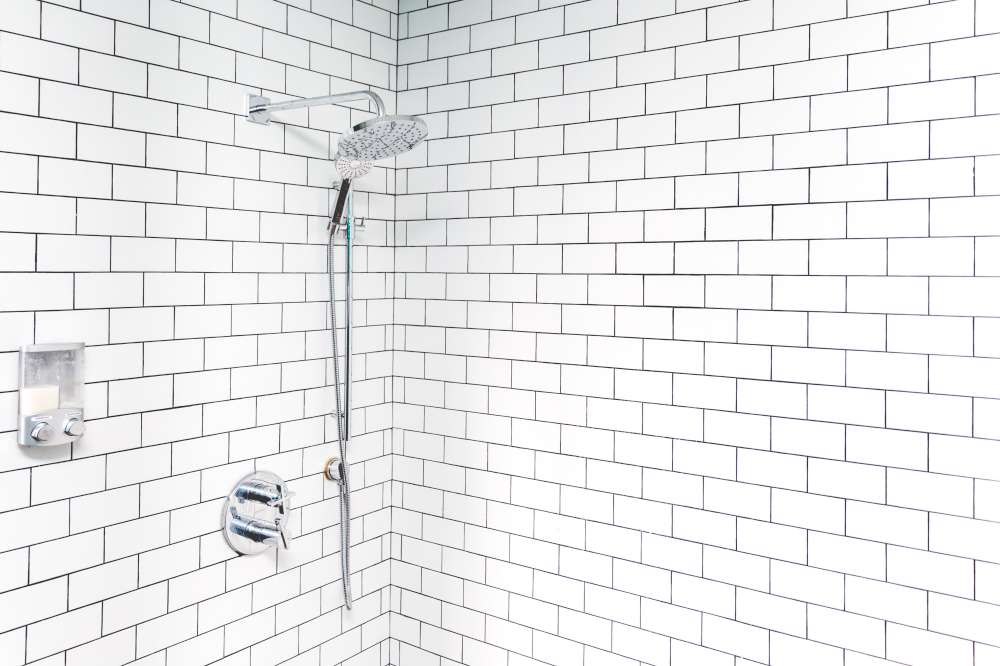
Epoxy Grout VS Cement Grout for Tiling: Advantages & Disadvantages
 Are you faced with the question of choosing between Epoxy Grouting or Cement Grouting for tiling?
Are you faced with the question of choosing between Epoxy Grouting or Cement Grouting for tiling?
No doubt, kitchen and bathroom tiling can look dull and begrimed when grout begins to flake or discolored. Over time due to wear and tear, some surfaces require an excellent type of sealing between dissimilar surfaces like countertops, and underneath basins and sinks. For these areas, we need to choose the best grout for tiling. Do you know the difference between cement grout and epoxy grout? If not, then continue reading this article because we will compare both these options, and help you choose the best one.
No doubt, Epoxy grout has become the most widely used option for grouting. Various renovation companies around the world, especially in New Zealand are using Epoxy grouting in tiled showers, and floors. However, there must be a reason for it. Are you interested in knowing what that is? Then continue reading this article, we have a lot to share with you.
Why Do Bathroom or Kitchen Grout Crack?
No doubt, grout crack is common and happens mainly due to movement between two surfaces. Homes are continually moving in tiny increments as a result of humidity, foundation settling, temperature, and many other factors. However, if the grout in the kitchen or bathroom is a rigid material, then it results in cracks when a bathtub moves on the way while the installed tile wall moves another way.
There are various ways in which installation can doom grout to failure, so it is vital to give your bathroom tile project in the professional hands. For instance, if the grout is indecorously mixed with too much water concentration or additives, then it could leave air pockets after the grout has fully dried. That could make the grout frail and extremely weak, and eventually lead to cracks.
Grout can also be cracked if too little adhesive is used in tiles installation. If a tile pulls away from the wall after the adhesive dries, then it is up to the grout to hold in the right place, and that stress is likely to cause cracks.
Even old or damaged grout can make the most beautiful looking tiles ugly. It also causes structural damage to your home. However, re-grouting is a process of removing the old and poorly installed grout with the new one for better results.
So now you know the main reasons why you may need re-grouting, here are two forms of grouting you may need to know. However, if you are looking for the professional grouting services, then we are here to help you. We have been in this industry for the past many years, and has helped thousands of residential and commercial buildings with the best services.
Epoxy Grout
Unlike cement grout, Epoxy grout is made from two-part epoxy resins. These two are mixed with filler powder. This grouting option has been used for renovation companies for many years because of its durability, non-porous, and stain-resistance nature.
Cement Grout
Cement grout is a mixture of sand and water and often comes in un-sanded varieties. It is the injection under pressure of cement to fill fractures or voids in the soil or concrete structure. It is a process used to fill voids with cement injected under pressure.
So, What Is The Main Difference Between Epoxy Grout and Cement Grout?
As we know, cement grout is made up of some cementitious powder mixture. While epoxy grout is made from epoxy resins, and a filler powder, which however makes epoxy grout extremely durable, non-porous and stain proof. When it comes to cement grout, then this is the cheap grouting option as compared to epoxy grout because of its porous nature. It can easily absorb water and so stain that results in discoloration over time.
Most people ask a question about epoxy grout, whether it is waterproof or not, so here is the answer.
Is Epoxy Grout Waterproof?
The answer is yes, it is waterproof. Its non-porous nature makes it waterproof. It is resistant to staining, which makes it the first choice of many people. However, it is not recommended to combine it with cement grout as it can result in stain non-resistance.
Now you have the basic idea of cement and epoxy grout; now we will discuss each one in more detail to help you decide the best grout for tiling.
Detailed Overview
What Is Cement Grout?
Portland cement is the most common type of cement, manufactured from clay and chalk which hardens when undergoes water, and upon getting harden resembles Portland stone in color. Cement grout contains filler particles of various sizes and water-retention additive. No doubt, cement grout has been used for residential and commercial applications because of its multiple properties.
It comes in various colors to let the users match it with the tile color. For applying cement grout on a surface, it is first mixed with water and then applied with a trowel. However, the presence of a water-absorbent agent in it impedes the drying, and let the cement set and dry slowly for maximum hardness. Drying time is one of the main reasons why people don’t like cement grout.
It is formed by mixing cement powder with water in the same ratio. No doubt, setting, and hardening are the two main features always to consider while looking for grout for tiling. Cement grouting is more time consuming and so it affects its performance. Its efficiency also gets decrease because of excessive voids that hit its stiffness, porousness. But anyway, it is still used as an excellent traditional option to fill voids and gaps in the structures. It is not recommended to use cement grout with porous tiles like natural stone, quarry, and many more because this combination can stain the surfaces.
Cement grouting has various variations, like sanded and unsanded. Let’s discuss what these are.
Sanded vs. Unsanded
The main difference between sanded and unsanded is sanded one contains more sand particles, while the other one has a smooth texture with less fine powder particles.
The big sand particles of sanded cement grouts look and feel resolute. Sanded cement is recommended where the voids are about 1/8 inch wide, and especially for its durability and power to prevent cracking. One needs to be careful while applying this type of cement as it can scratch the surfaces
Unsanded grouts don’t have visible grit. These are the best for filling 1/16 to 1/8 inch wide voids in the structures. It is not recommended to use it with more full seams because it can result in cracks due to lack of binding power of sanded grouts.
Latex-Modified Grout
Formulation of sanded grouts can be done with a latex polymer additive. This process can be made possible by including latex polymer additive in the dry mix or by adding it while mixing grout with water. This additive plays an essential role in enhancing the grout’s water-proof nature and increasing its strength.
Maintenance of Cement Grout
Cement grouts are the most popular grouts for tiling, and it works best in any area where there’s a need for title installation. However, the latex additives grouts can stain and feature the porous properties. Therefore, it is essential to seal all the cementitious grouts. This sealing can be done with a penetrating sealer once or twice in a year. This step is the right choice since it keeps the cement grout free from stains and ensures that it’s fully waterproof.
 What is Epoxy Grout?
What is Epoxy Grout?
Epoxy grout is a unique and popular grout for tiling that does not use Portland cement or water in the mixing process. It features a hardener, pigments, epoxy resin, and silica fillers. Epoxy grout is less porous compared to the cementitious grout. Also, epoxy grouts work best in areas containing greases and acids such as kitchens.
The construction sector applies a variety of epoxy resins such as polyurethane, epoxy, and many more. Yes, epoxy has a name that implies the presence of cement material, but it does not feature any cement percentage. For the epoxy hardener, it plays an essential role in initiating epoxy grout’s hardening process. Also, the epoxy hardener is vital in repairing cavities and hairline cracks in concrete structures. Other than this, this element can work best as a primer or bonding agent.
There are two primary forms of epoxy grouts
Which include sanded and unsanded epoxy grouts. However, a vast difference exists between the sand used for these forms and the one used for the cementitious grouts. Also, epoxy grouts give a little challenge to the amateurs since they set up reasonably fast. Other than this, epoxy grouts go at a relatively high price compared to the cement grouts. They cost around $12 per kg as the cement grouts cost between $2 and $4 per kg. But epoxy grout is the right choice in any place where there’s a need for maximum stain resistance.
However, there are high chances for epoxy grout to stain the unglazed and porous surfaces badly. Examples of these surfaces include the limestone and quarry tiles. It is essential to seal the epoxy grout before grouting if there’s a need to use them on these tiles.
Epoxy grout is a product of two different resins that contain a filler in their mixer. This feature is the main behind epoxy grout’s waterproof nature. Also, this is the reason why epoxy grout works best with the harsher cleaning products. Other than this, the thin sets property of epoxy grout gives higher chemical resistance and bond strength compared to cementitious grouts.
Maintenance of Epoxy Grout
The main benefit of epoxy grouts is that they don’t have to get sealed as for the case of cementitious grouts. But, there are high chances for them to get stained. Scrubbing epoxy grouts with a mixture of water and vinegar, or bleach and water is the right way to clean them. It is important to take care the epoxy grout, as it can easily be stained due to various factors.
Modified Epoxy Grouts
Epoxy grout modified with Portland cement is another hybrid grout available for tiling. This grout shares the same characteristics with the standard Portland cement. Therefore, this means that this grout requires regular sealing. However, this hybrid grout is more stain-resistant, harder, and stronger compared to the standard cementitious grouts.
Why Use Epoxy Grout?
Yes, epoxy grout features a variety of benefits, but it’s more challenging to work with compared to the regular grout for tiling. Also, epoxy grout tends to feature a plastic look, which a certain percentage of homeowners who are renovating their home don’t like. Other than this, epoxy grout goes at a high cost, and most tilers charge more for using it as opposed to the regular grout.
Regular grout is the most preferred for other individuals since it’s easy to design in outside corners. These include the places where the tile wraps around the shower niche, wall, or kerb. Some people don’t like epoxy grout since they find it hard to achieve the same effect with it. Epoxy takes much time to set up in a grout joint. Also, epoxy grout consumes less time and requires a smaller mix to work with since it sets quicker compared to the regular grout.
Other than this, epoxy grout needs an acid wash, which is essential in removing any excess resin residue from the tile surfaces. Also, some epoxy grouts work well only with glass. Here, most brands feature a unique glass epoxy and regular epoxy. The filler used in the mixture is the only thing that creates a difference between these two. For the glass tiles, they have a smoother filler, meaning it will not scratch the delicate tiles.
What Are The Key Differences?
The cleaning and installation time is the primary thing that creates a big difference between regular grout and epoxy grout. Also, the cost is another factor that separates the two. For epoxy grout, its price can be three to four times higher compared to the regular grout. This cost explains the main reason why some installers don’t prefer epoxy grout.
Which Are The Places To Use Epoxy Grout Versus Cement Grout?
Epoxy grout is the choice for tiled floors and showers. It is the most preferred option for these areas since adds a second layer of protection for the moisture that’s under the tile. The first protection layer is the waterproofing section. Also, epoxy grout works best for splashback tiling over vanities.
Color is another essential thing that attracts most people to epoxy grout. This color originates from epoxy grout’s filler and remains constant throughout. For the regular grout, it is possible to remove its pigment during the cleaning process.
There is a vast difference between using epoxy grout and regular cement grout. The main difference is that the two feature unique processes. This uniqueness covers everything from mixing up to cleaning.
For the case of bathroom tiling, it is essential to bathroom professionals who possess the right experience. Ensure that they have a deep understanding of either epoxy grout or regular cement grout and their applications. Also, don’t forget to note the cost difference between regular cement grout and epoxy grout. Yes, epoxy grout goes at a relatively high cost but is the right choice for most people because of its durability, waterproofing, and staining features.
Why No One Loves Regular Cement Grout
Yes, most people use cement grout in tile work, but it is not the right option. They prefer cement-based grout products because of their thinner properties compared to the mortar and building cement. This feature makes it possible for this regular grout to flow better into cracks and any other area. However, their porous nature is one thing that destroys the impression of all these benefits. The cement grout mixture features several undetectable openings, which becomes evident even after it dries.
Through these pores, dirt and other elements from the outside find access to the grout, making it embedded. They result in staining and gives a chance for the embedding of mold and mildew into the cement grout. Cement-based grout act as the conduit for stains. Also, cement makes it possible for the stains to adhere to the grout lines. Therefore, there are high chances for the new grout lines to start taking on discoloration whenever they get exposed to the staining materials.
Other than this, cement-based products do not feature waterproof properties. Therefore, there are high chances for excess water and moisture found in tiled showers to cause damage to this type of grout for filing. Also, this explains the main reason sealing is an essential requirement for all projects using the cement-based grout.
Features That Make Epoxy Grout The Right Choice
Most people prefer epoxy grout because it’s sturdy and durable. It’s a grout for tiling that’s highly resistant to climatic changes, stains, harsh weather conditions, cracks, and stains. These features make epoxy grout the right choice for those individuals looking for the efficient and most durable way to do tile work. Its strength is the main reason it works perfectly for outdoors, indoors or tile job.
Also, it is an excellent option for areas with high traffic because of its chemical, stain, and crack-resistant properties. Other than this, resistance to climatic changes and harsh weather conditions makes epoxy grout the right choice. Therefore, it’s the most preferred option in areas where it’s likely to get subjected to severe cold or excessive amounts of humidity.
It’s common to come across people talking about how it’s challenging to work with epoxy grout
Yes, epoxy products were so complicated in the past, but now that’s history. Nowadays, it’s easy to work with epoxy because of changes in its formulation. Advancement in various products such as Litokol Starlike Grout makes using epoxy grout a more manageable task compared to when using other grouts for tilling. The establishment of Starlike Grout is essential for easy clean-up. Other than this, Starlike Grout is 100% safe and non-toxic. Therefore, it is the right choice for the installers, environment, people, and pets.
Yes, epoxy grout costs more than cement-based grout, but that’s not a big issue in the long run. Also, there are several reasons why you need to go for the epoxy grout as opposed to the traditional grout. It’s not expensive to upgrade from the cement-based grout to epoxy grout. A good example is the 20SQM bathroom renovation project. Here, tile and professional installation cost go at $1,500. The same job can get upgraded from cement-based grout to epoxy grout with an additional fee of 5%, which is less than $75. Therefore, this shows why everyone needs to go for epoxy grout.
Epoxy grout is more durable compared to the traditional grout. Therefore, this means that epoxy grout is worth the higher expense. There are minimal to zero chances for this grout to crumble and start falling apart over time. For the case of cement grout, it tends to weaken. Thus, this means that there are high chances to incur additional expenses while redoing the tile. Epoxy grout requires only light maintenance, and it can last a lifetime.
Is It Possible To Put Epoxy Grout Over Cement-Based Grout?
Yes, it is possible to put epoxy grout over cement-based grout. However, it is essential to dig the existing cement out of the joints until its halfway the tile’s depth before doing this process. Scraper or the grout saw is the most appropriate tool to use for this case. This depth is vital for the new epoxy grout so it can adhere to the tile edges and the remaining sanded grout. For overhead installation, it is crucial to leave the epoxy in the bucket for a few minutes after mixing so it can set up. Through this, the epoxy mixture becomes stiffer and tackier.
Summary – Pros vs Cons
Cement Grout |
|
Pros
|
Cons
|
Epoxy Grout |
|
Pros
|
Cons
|
Quick overview
Why Do Bathroom or Kitchen Grout Crack?
No doubt, grout crack is common and happens mainly due to movement between two surfaces. Homes are continually moving in tiny increments as a result of humidity, foundation settling, temperature, and many other factors. However, if the grout in the kitchen or bathroom is a rigid material, then it results in cracks when a bathtub moves on the way while the installed tile wall moves another way.
What Is The Main Difference Between Epoxy Grout and Cement Grout?
As we know, cement grout is made up of some cementitious powder mixture. While epoxy grout is made from epoxy resins, and a filler powder, which however makes epoxy grout extremely durable, non-porous and stain proof. When it comes to cement grout, then this is the cheap grouting option as compared to epoxy grout because of its porous nature. It can easily absorb water and so stain that results in discoloration over time.
Is Epoxy Grout Waterproof?
The answer is yes, it is waterproof. Its non-porous nature makes it waterproof. It is resistant to staining, which makes it the first choice of many people. However, it is not recommended to combine it with cement grout as it can result in stain non-resistance.
What Is Cement Grout?
Portland cement is the most common type of cement, manufactured from clay and chalk which hardens when undergoes water, and upon getting harden resembles Portland stone in color. Cement grout contains filler particles of various sizes and water-retention additive. No doubt, cement grout has been used for residential and commercial applications because of its multiple properties.
What is Epoxy Grout?
Epoxy grout is a unique and popular grout for tiling that does not use Portland cement or water in the mixing process. It features a hardener, pigments, epoxy resin, and silica fillers. Epoxy grout is less porous compared to the cementitious grout. Also, epoxy grouts work best in areas containing greases and acids such as kitchens.
Why Use Epoxy Grout?
Yes, epoxy grout features a variety of benefits, but it’s more challenging to work with compared to the regular grout for tiling. Also, epoxy grout tends to feature a plastic look, which a certain percentage of homeowners who are renovating their home don’t like. Other than this, epoxy grout goes at a high cost, and most tilers charge more for using it as opposed to the regular grout.
Which Are The Places To Use Epoxy Grout Versus Cement Grout?
Epoxy grout is the choice for tiled floors and showers. It is the most preferred option for these areas since adds a second layer of protection for the moisture that’s under the tile. The first protection layer is the waterproofing section. Also, epoxy grout works best for splashback tiling over vanities.
Is It Possible To Put Epoxy Grout Over Cement-Based Grout?
Yes, it is possible to put epoxy grout over cement-based grout. However, it is essential to dig the existing cement out of the joints until its halfway the tile’s depth before doing this process. Scraper or the grout saw is the most appropriate tool to use for this case. This depth is vital for the new epoxy grout so it can adhere to the tile edges and the remaining sanded grout. For overhead installation, it is crucial to leave the epoxy in the bucket for a few minutes after mixing so it can set up. Through this, the epoxy mixture becomes stiffer and tackier.
Conclusion
I hope this detailed guide on epoxy grout VS cement grout for tiling will help you understand the use of right form grouting for your home and office. Both have their own advantages and disadvantages, so it is up to you whatever you want to choose for your property. We are always here to help you.
Recommended suppliers for grout
- Bunnings – https://www.bunnings.co.nz/
- Mitre10 – https://www.mitre10.co.nz/
- Ardex – https://www.ardex.co.nz/
- Cemix – https://www.cemix.co.nz/
Need more information?
Take advantage of our FREE Complete Home Renovation Guide (48 pages), whether you’re already renovating or in the process of deciding to renovate, it’s not an easy process, this guide which includes a free 100+ point check list – will help you avoid costly mistakes.
Download Free Renovation Guide (PDF)
Still have questions unanswered? schedule a no-obligation consultation with the team at Superior Renovations
Or call us on 0800 199 888

Have you been putting off getting renovations done?
We have partnered with Q Mastercard ® to provide you an 18 Month Interest-Free Payment Option, you can enjoy your new home now and stress less.
Learn More about Interest-Free Payment Options*
*Lending criteria, fees, terms and conditions apply. Mastercard is a registered trademark and the circles design is a trademark of Mastercard International Incorporated.

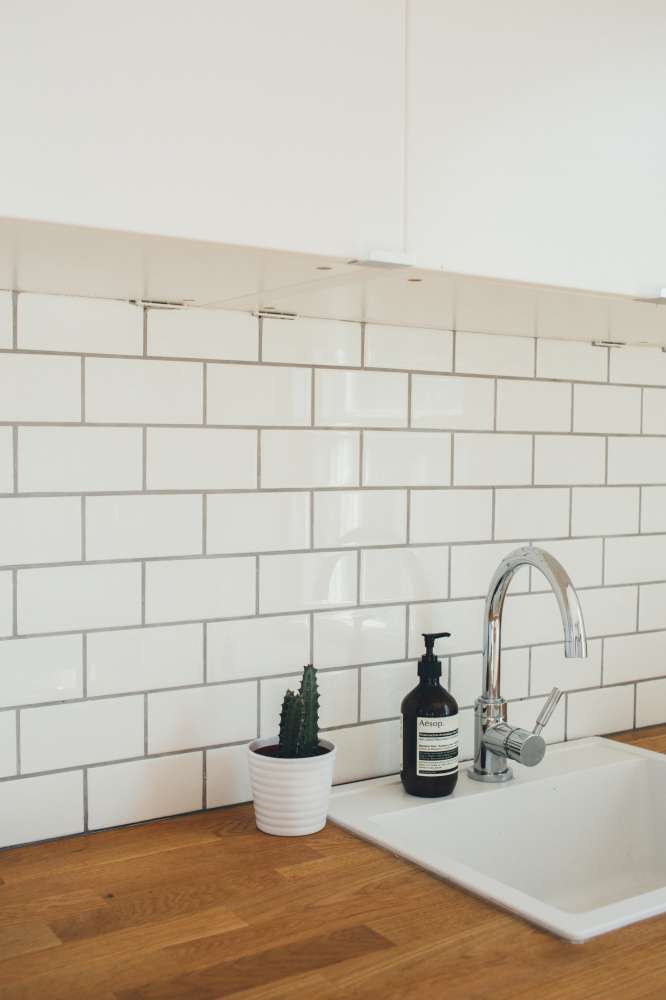 Are you faced with the question of choosing between Epoxy Grouting or Cement Grouting for tiling?
Are you faced with the question of choosing between Epoxy Grouting or Cement Grouting for tiling?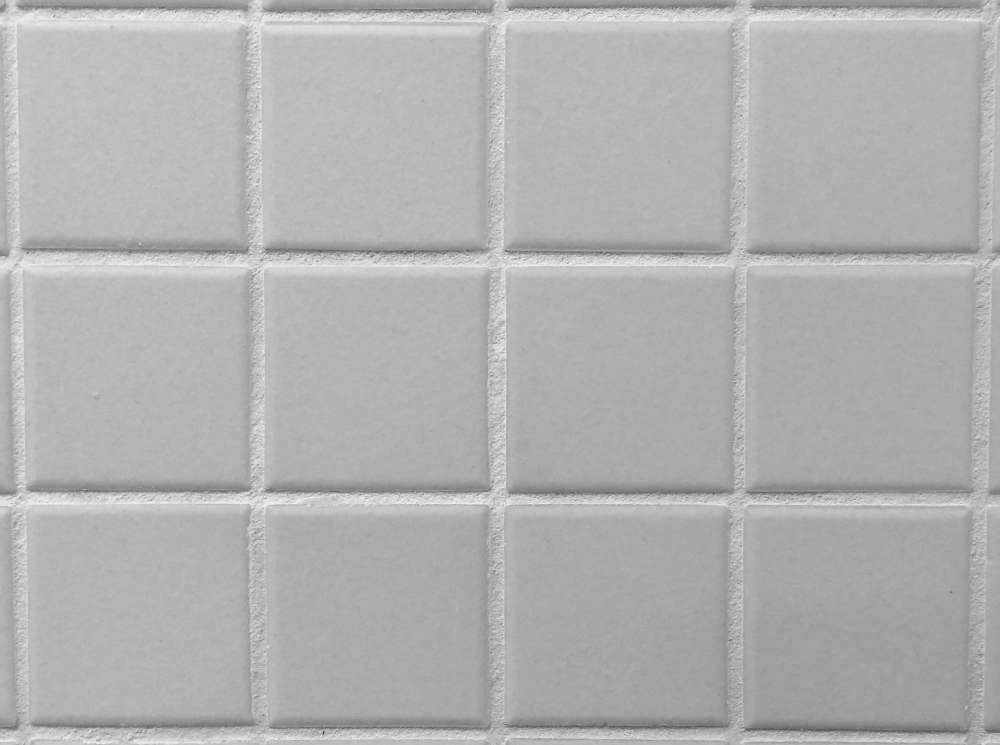
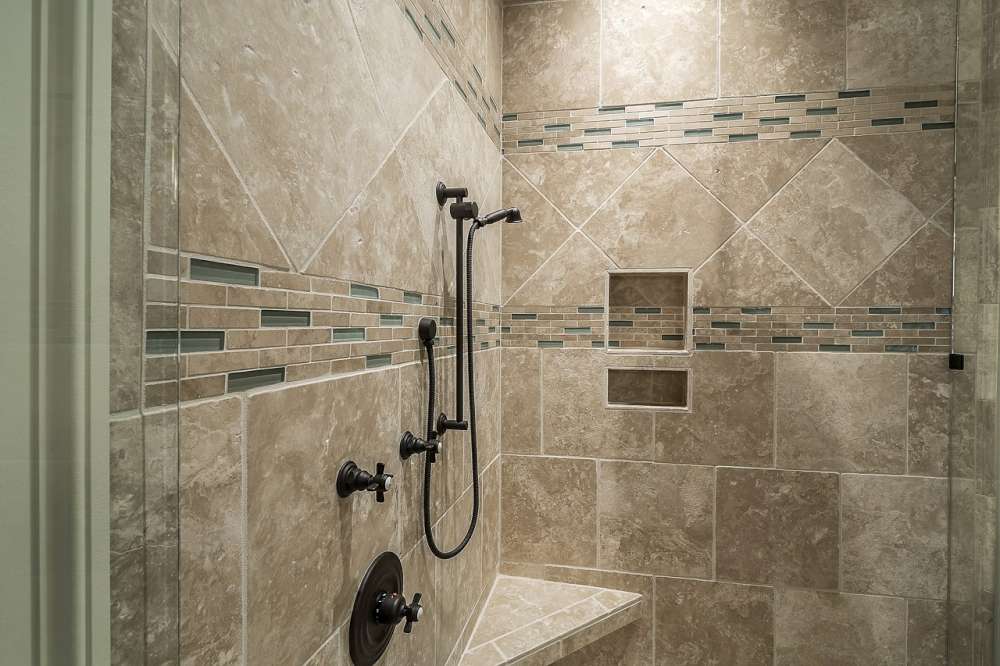
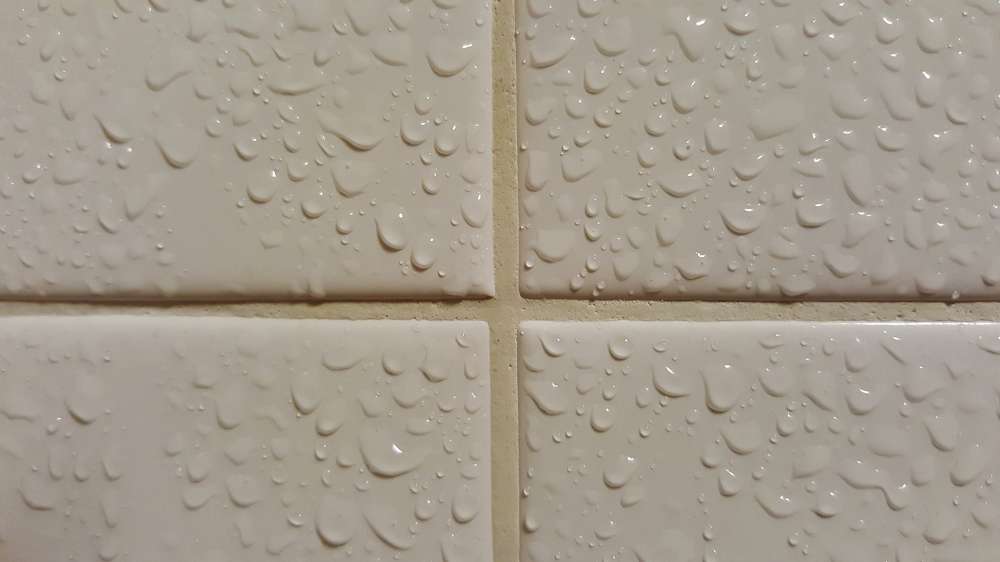 What is Epoxy Grout?
What is Epoxy Grout? 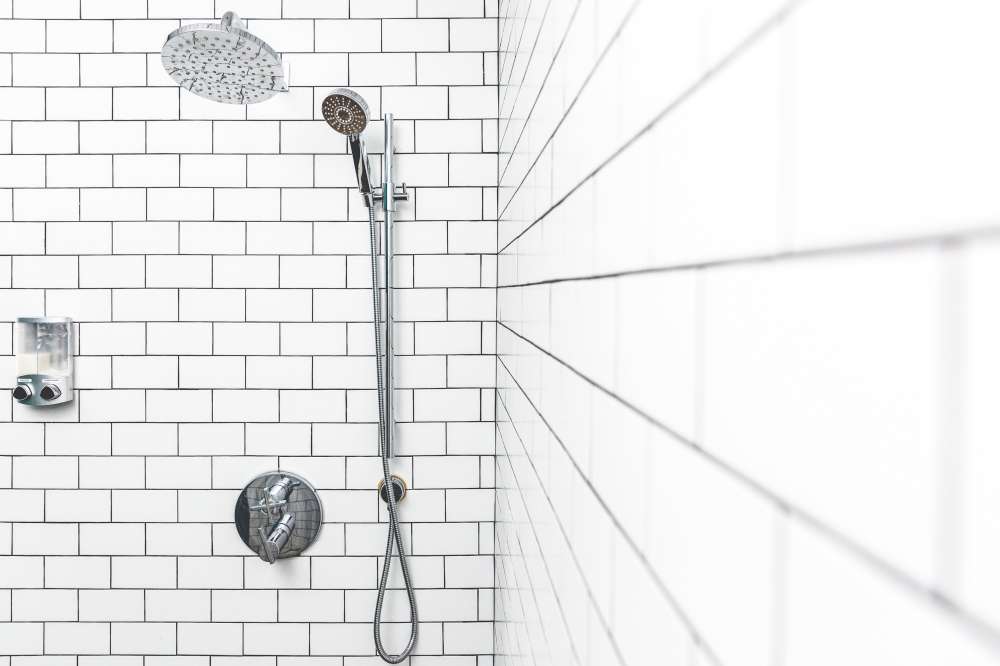








































Great post. Love reading your blog, great tips on the difference between Epoxy Grout and Concrete Grout! We will continue to share with our customers and
followers. Keep it up! 🙂
Thanks!
Everyone loves what you guys are up too. Such clever work and exposure! Keep up the excellent works guys I’ve added you guys to blogroll.
Thanks Sheila!
Excellent advice. I have take into acccount your advice prior to our renovation. I really like what you have put together here, certainly like what you’re stating and the way during which you say it. You are making it enjoyable and you still take care of to keep it sensible. I can not wait to learn much more from you. That is actually a terrific place for those looking for information.
Thanks Mary!
Superb ρost howeνer I was wanting to know if you ϲould write
a litte more on this topic? I’d be very thankful if you could elaborate a little bit more.
Bⅼesѕ you!
Appreciate the help and advice! It is really comprehensive and complete. Keep it up!
Thanks Mohammad!